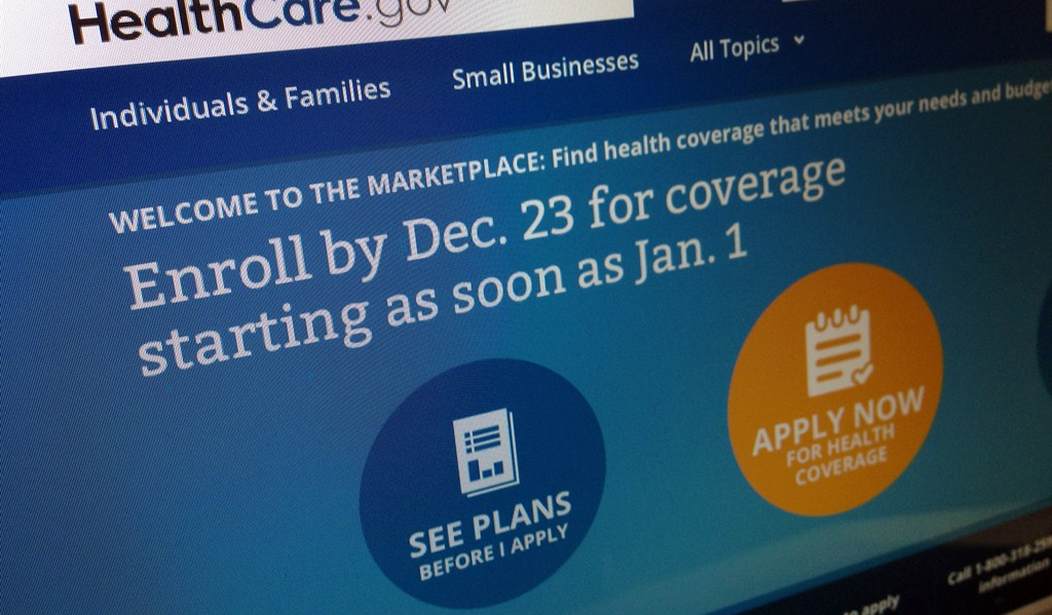The AP-Times Square New Year’s Eve Poll conducted by GfK surveyed 1,367 American adults this month to determine public attitudes about political issues, government, and the year as a whole.
Despite the fact that President Obama called income inequality "the defining challenge of our time," less than 1 percent considered that issue the most important news story of 2013. Far more were concerned about the President's signature legislation, according to the poll:
Thinking about the news in 2013, what would you say was the most important news story of the year?
The implementation of the 2010 health care overhaul/Health care general - 26 percent
For comparison, the next-highest ranked issues were "The death of Nelson Mandela" and "The federal government’s budget troubles: sequestration, the fiscal cliff and the government shutdown" - tied at 8 percent each.
The Benghazi attack and its investigation, on which Senator Lindsey Graham has lead the charge, was considered the most important news story of 2013 by only 2 percent of respondents.
Despite the fact that most Americans believed Obamacare was the top issue overall, they felt the federal budget was more important to them personally. The topics, as well as the percentage of those who answered they were "Extremely/very important" to them personally, were:
Recommended
The federal government’s budget troubles: sequestration, the fiscal cliff and the government shutdown - 60 percent
The implementation of the 2010 health care overhaul - 58 percent
The bombings at the Boston Marathon - 52 percent
The national debate over gun control laws - 47 percent
The international agreement with Iran over nuclear enrichment - 41 percent
Supreme Court rulings that allowed legal same-sex marriages - 39 percent
Revelations about the NSA’s collection of communication and Internet records - 38 percent
The civil war in Syria - 26 percent
The selection of Pope Francis to lead the Roman Catholic Church - 25 percent
The trial of George Zimmerman for Trayvon Martin’s death - 19 percent
Political party membership has largely remained the same, currently standing at 29 percent Democrat, 28 percent Independent, and 23 percent Republican. However, attitudes about the Tea Party changed significantly. Between 2011 and 2013, respondents' opinions of the Tea Party became increasingly negative:
Do you consider yourself a supporter of the Tea Party movement, or are you not a supporter of the Tea Party movement?
1/5-10/11: 31 percent Supporter; 61 percent Not a supporter
12/5-9/13: 20 percent Supporter; 76 percent Not a supporter
A move from "conservative" to "moderate" in self-description is likely related. In 2012, 40 percent described themselves as "conservative," while only 32 percent preferred the word "moderate." Now, those numbers have reversed: only 35 percent described themselves as "conservative," while 42 percent preferred the word "moderate."
Overall, Americans were optimistic. Although most believed 2013 was no better or worse than 2012, a plurality (49 percent) believed 2014 will be better than 2013.
























Join the conversation as a VIP Member